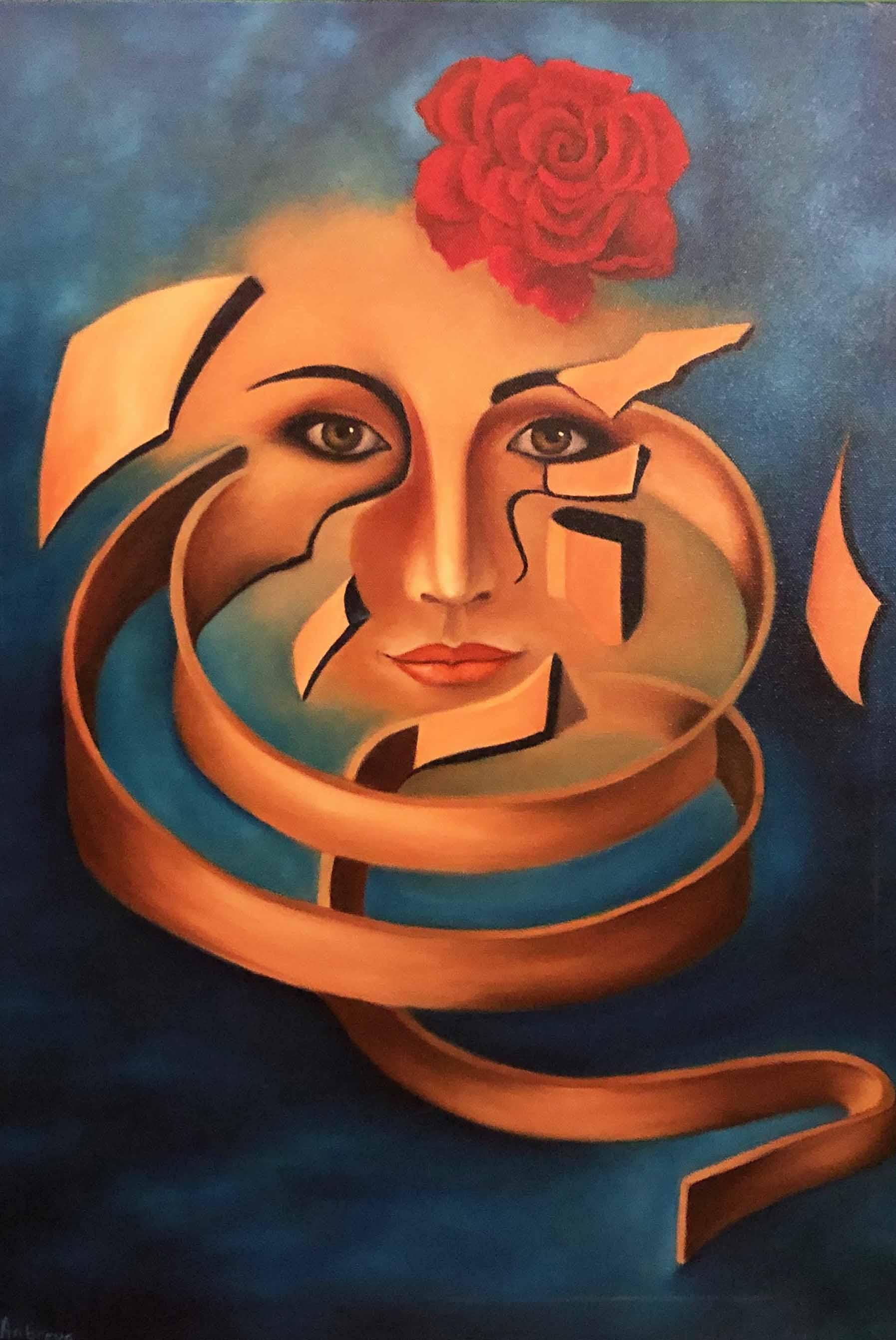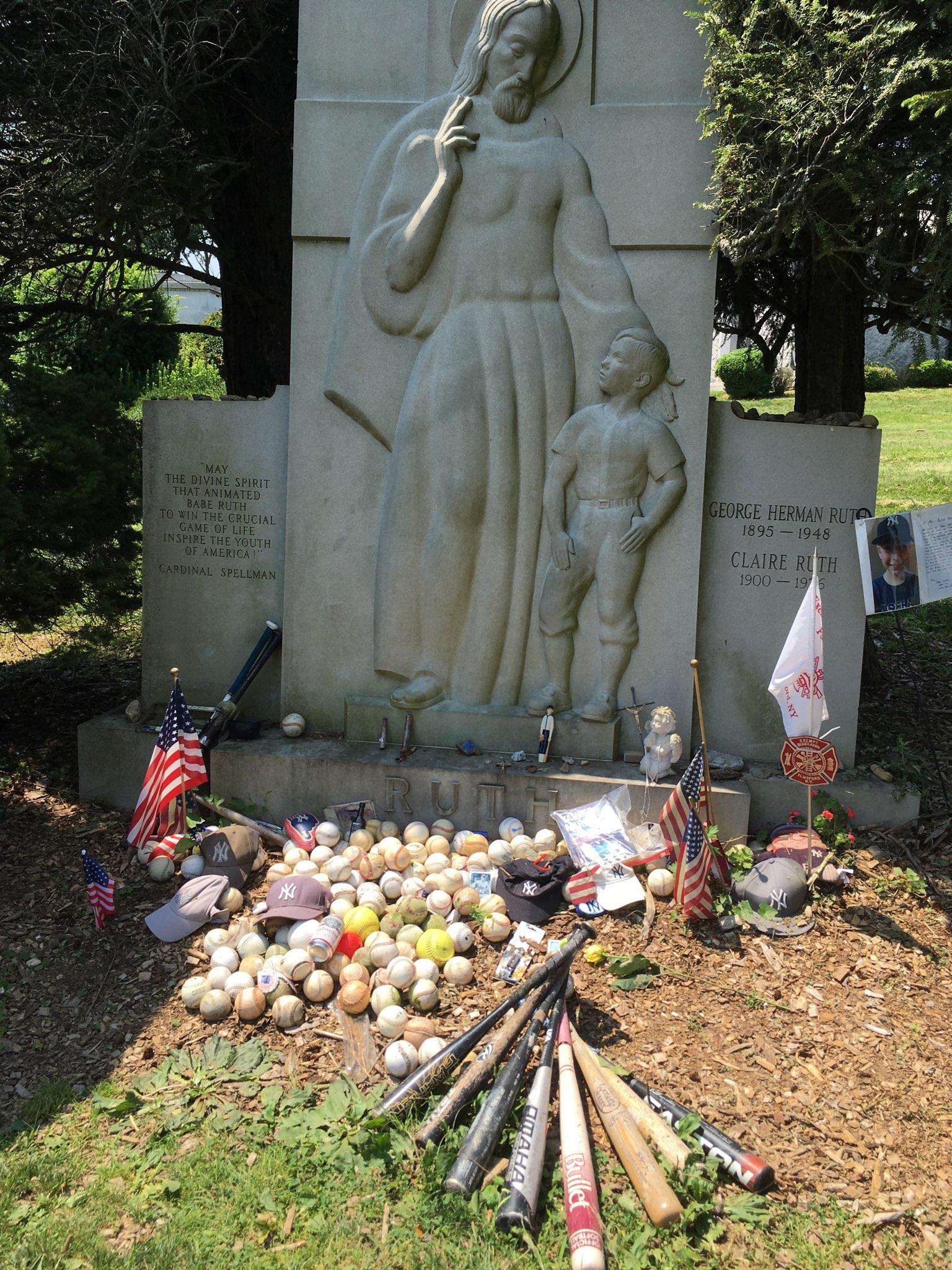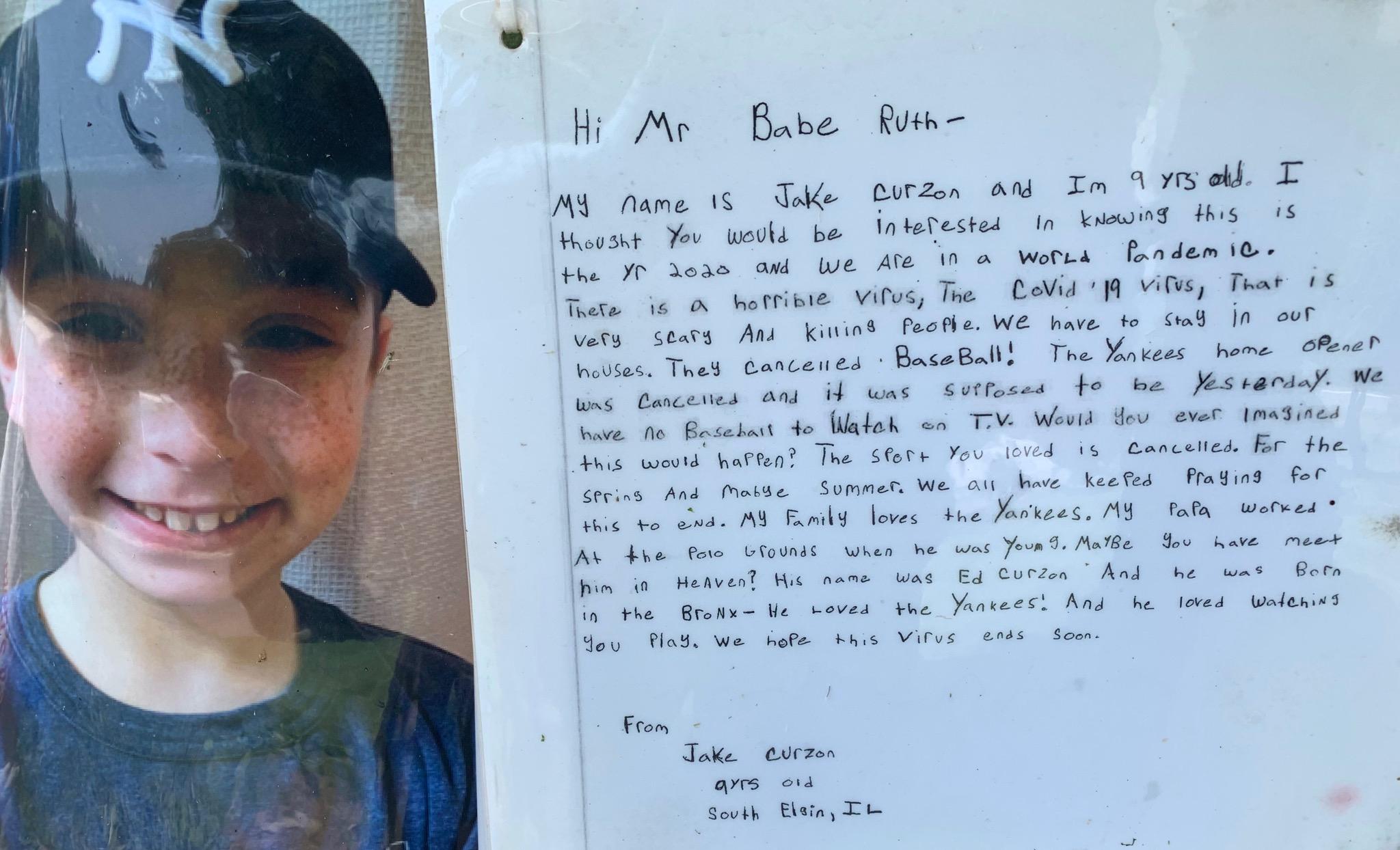
16 minute read
Unfinished Business Tony Tedeschi
Tony Tedeschi
Unfinished Business
Advertisement
She could only hope to put it all behind her, if the painting, like that terrible day in her life, were relegated, emphatically, to her past.
Prologue
Garifuna Village, Atlántida Province, North Coast of Honduras, 1979.
To work.
The rising sun cast a micro-thin blanket of orange and pink across the aquamarine bay. Ancient, wooden boats sat motionless, tethered with frayed mooring lines to buoys a few yards from the white-sand beach, their silhouettes beginning to boast their muted colors, returning with the coming light. The flimsy, thatch-roofed huts were focusing to a dull grey cluster, just beyond a rise of sand that fell off to the fluttering hemline of the bay. Somewhere nearby a rooster crowed. A tentative breeze rippled the waters, then died without a trace. The hiss of a new fire whispered in a small clearing before the dwellings, emitting a thread of white smoke.
The clack of metal against metal. Repeated. Again.
Their approach was brazen. It belied their use of blackface, their camouflage dress. They walked bolt upright into the village, swaggered actually, a dozen of them. They were young men from similar villages in the mountains or the coastline on the far side of the country. They were short in
stature, their skin olive, only a few shades lighter than their fatigues. Their faces were defined by the angular bone structures, shocks of thick black hair, and deep-set eyes of the indigenous people who had inhabited this region for millennia. They walked out of the bushes and into the clearing with their automatic rifles belt high in front of them.
The one in the lead was drawn to the cooking fire, where parrotfish were skewered on thin green shoots just above the bright coals. It was a smell from his childhood. A pleasing smell. Not like that garbage they fed him in the barracks. It made him want to drop his pack, sit for a spell and suck the succulent white meat from the bones of the roasted fish. A woman was attending the meal, her back to him. Just beyond her fire was a communal seating area, with a thatched covering, beyond it a midden mound, where a trio of hogs rooted in the waste of a slop pit that had formed with the previous day’s shower.
As if sensing the approach of danger, the woman turned, slowly, tentatively in the direction of the footfalls. Her eyes met those of the young militiaman. He nodded, then shot her in the middle of the chest, as she twisted on her haunches and raised her hands to ward off the assault. She toppled backwards into the pit. Her ragged dress burst into flames and she shrieked as the life, mercifully, left her. He hopped over her and waved his comrades forward, the smell of her burning flesh effectively ruining his appetite.
The three pigs began running from their soupy slop and were cut down near the benches in the dining area, their blood spurting and splattering against the weathered posts of the shelter. Their only crime was that they lived . . . here.
Twenty yards away, at the shoreline, two fishermen, who had been preparing their nets, grabbed their machetes and started toward the cluster of shabby huts, where the militiamen stood like statues in people’s plaza. The first, a young man, perhaps twenty, was cut down with a burst of projectiles in the face that tore his head to shreds. The second, a white-haired man, was dropped with a row of rounds across his bare, concave chest, that all but cut him in two. He toppled backwards into the miniscule surf, his spirit stretching toward a burial at sea.
An elderly woman emerged from one of the huts and shouted something in the direction of a stand of royal palms. She attracted the fire of a half dozen men and was jolted backwards into the hut.
A man and a woman ran from an adjacent shack, crouching low to shield two children, determined to make the cover of a beached dugout canoe, then somewhere, anywhere, from there. They made, instead, a disjointed pile in the soiled sand.
The remaining men, women and small children began racing this way and that, in and about their pathetic shelters. Two uniformed men stepped forward, lit a half-dozen torches and tossed them at the dwellings, their roofs
bursting, almost immediately, into torrents of flame. Within moments, villagers staggered from the dark doorways beneath the orange-swathed shelters, coughing, gasping and spitting, while the uniformed men picked them off like tin figures in a carnival game.
Suddenly, a small child ran from where she was hiding behind a great royal palm, toward a jungle thicket at the edge of the village. The young leader of the band, trained his rifle on her as she raced toward the cover of the foliage, her little legs, pumping, turning over and over.
“Mama,” she cried. “Mama, abrazo. Abrazo!”
A woman emerged from the thicket, a look of horror on her face. She reached for the child, as the leader fired a burst into the tiny girl’s back, the exiting rounds splattering the woman with blood. Then, he fired the rest of the clip at the woman, who fell atop the child.
Movement ceased.
The firing abated.
The men stood motionless.
They began a slow, methodical retreat, their rifles at the ready, watching carefully, to be sure all the buildings were engulfed in flame, that no one was exiting. As they stepped back into the jungle, they left behind the landscape they had altered irrevocably. Bright yellow flames and sooty smoke rose in billows toward the nests of the oropendolas, which hung like great straw teardrops from the giant, old-growth trees.
There was the touch of wet oleander against the skin.
There was the smell of nitrate and scorched palmwood.
There were the lingering echoes of the crying child, obliterating the crackle that spilt the burnt earth and swallowed up all there was of Heaven.
Chapter 1
The bright light of the desk lamp was penetrating the flimsy skin of Caldwell’s eyelids like an orange-yellow sun in a parched sky. He forced open his eyes, first the left, then the right, blinked a half-dozen times at the brightness, then grew dismayed at how dry his eyes felt. Each morning simply opening his eyes had become a chore.
He had fallen asleep at the desk again, the “Complete Poems and Plays of T.S. Eliot,” still opened to the opening lines of “The Wasteland,” a stapler draped across the top of the book to keep it from closing. How had he gotten here? He remembered watching TV coverage of the overflowing Red River turning this spring of 1997 into the most severe flooding of the river since 1826 and creating a watery nightmare for people in Minnesota. For an
antidote, he had turned to a Public Television show on the Orson WellesWilliam Randolph Hearst battle over “Citizen Kane,” then watching the movie and becoming deeply depressed, for some inexplicable reason, about spring and the whole regenerative process nature insisted upon every year. He needed a counterweight, something to defeat the onset of the season. “The Wasteland” was the obvious choice. For background, he’d chosen the Rachmaninoff “Piano Concerto No. 2” with its long, drawn lugubrious theme lines. The lights of the CD player shone from the other side of the room. He’d left it on again, all night, obviously.
Odd, he thought, these mood shifts, the intensity of them. It was surely an aging thing. He seemed to remember the dramatic swings of his twenties, but they were phony: youth laughing or crying for reasons which were lame when played against the context of this aging thing he now dealt with. He’d been a runner in college, ran marathons into his late thirties, now considered himself lucky if he could carry the burgeoning spread of his middle-aged paunch the mile walk down to the beach and back without aggravating the ever-present pain in his knees. The spread at his waistline went with the hair that had receded from his forehead like the edges of a sun-drying rain puddle, then had frosted with white ice above the ears. His face had rounded, his chin was sinking down toward his collar and somehow, inexplicably, lines defined crisscrosses perpendicular to the path that all this moving flesh had taken. His eyes were smallish and a nondescript hazel, his nose a bit large, with a bump an inch below his eyes as if there to hold his glasses in place. He never considered himself much to look at, the kind of person who easily disappeared into a crowd. Until Olivia found him. And elevated him to the position of most beautiful man in the world. Their world.
But who was he kidding, he loved spring, and even the words of “The Wasteland” could not dissuade him. It is said that Eliot had seized upon April as the cruelest month in the opening of the poem because when all the winter-exaggerated depressives realized that spring offered no relief, they left self-pitying notes and took a bottle full of pills. He wasn’t ready to kill himself, yet. Besides, April had turned warm early this year. Soon the strawberries along the back fence would be racing to red, the copper beach would be sprouting its green leaves tinged in gold and he’d see evidence that the red fox was back poking about the corners and skulking under shrubs, waiting for a squirrel to suffer a fatal bout of complacency. So there was nothing to do but hook up the hoses, turn on the water and get ready for the rebirth.
What the hell time was it anyway? He slung his left hand up onto the desk and read the dial on his old, hand-wound Bulova. It was 6:20 a.m. He’d have to take a nap again today. He would simply haveto get his days and nights righted.
He wound the watch. He had this thing about not letting it run down. It had been a gift from his father, now dead. High school graduation. It had been through it all with him: the four years at NYU, the Beat Generation, Art Blakey and the Jazz Messengers at the Village Vanguard, Bob Dylan singing
in the cafes, Woody Allen doing stand-up at the Village Gate. The “Freedom Rides” to Mississippi and Alabama. The four years in the Air Force, Tactical Air Command; the year in Vietnam, Bien Hoa Air Base near Saigon, a halfdozen mortar attacks. Four years as a supply officer. The USAF did not have a career field for poets. When he’d listed that as his first choice on the Air Force “wish list” he felt sure that — along with his write-in choice of Paris as a base assignment — would send him back to Greenwich Village to scrape out an existence as the east coast counterpart to Lawrence Ferlinghetti. He understood suffering as the pre-requisite to brilliance in the arts. He never realized how bad the suffering could be in a war zone. It had destroyed his concept of the military man as hero. The poetry was overdone, melodramatic, appeared as if he did not want to capture the experience.
Caldwell pushed himself up from his desk, then, a bit unsteadily, out of his chair, made a mental check of the quality of his knees, then took a few steps toward the door of his basement office. The office was a paradigm of late ‘90s, work-at-home technology: state-of-the-art computer, printer, scanner, drives etc., etc.; fax, copy/collating unit; three phones, for no apparent reason; surround-sound system for the music. The music. The other side of the door was . . . the cellar.
Why did he continue to live in the cellar? As Olivia lay dying, he determined he would sell the house and put its memories behind him. But, when she was finally gone, he found that the hurt in his heart would follow him no matter where he tried to hide. And besides, he had grown to love the house, the neighborhood, the patches of forest, the craggy coastline, the rocky beach, the birds, the way spring crept in, then burst upon you with all those colors of forsythia, azalea, dogwood, rhododendrons, all of it. So, he simply descended to the basement and hid as much as he could from the outside world while he wrestled with his demons.
Caldwell really did mean to turn on the water today. He walked between the erector-set racks laden with long-since useless files and “stuff,” to the furnace room, found the lever valve that controlled the water supply to the faucet in the backyard and shifted it from the horizontal to the vertical. He heard the water rush through the pipe, then felt the pipe shudder as the surge was stopped by the valve at the outdoor faucet. The flow is in the pipeline, he thought. He did the same for the front yard.
George Caldwell had been vice president of distribution management for Creative Concepts when it was bought out by International Home Interiors, the world’s largest supplier of home furnishings. He was offered a very attractive severance package when the company downsized his position out of existence in a consolidation of job functions, including a hefty portfolio of IHI-for-CC stock from the one-plus-one shares of CC stock he’d been investing in over his years there. The consistently good metrics for the IHI stock in his retirement portfolio, maintained an attachment to the company and a continued interest in its success. Aside from the retirement bennies, IHI had promised him consulting work and delivered enough of it to allow
Caldwell to launch a freelance logistics consultancy business. The IHI account provided the credibility to add other clients.
During his years at Creative Concepts, Caldwell had gained the admiration of Jim Davis, the boutique design firm’s visionary founder and a brilliant designer. Davis remained as president of the CC subsidiary after the IHI buyout and was given a seat on the board of directors, but all power at IHI rested with Clifford Stiles, the company’s bullying CEO. Caldwell’s inability to fathom any kind of shift in his reporting authority from Davis to Stiles was the principal reason he’d opted out. Hell, the IHI incumbent in Caldwell’s old position quit three months after Caldwell left and they’d hired a young woman, then elevated the department head title to senior vice president, largely because the board of directors had pointed out the company’s glaring vulnerability in its lack of women and minorities in senior management positions.
While work from the larger corporate universe at IHI had pretty much dried up, whenever the CC subsidiary of the home furnishing giant got a bit bogged down in its own machinery, Davis brought in Caldwell to untangle things. Caldwell had a way about him. He could be directive without antagonizing. He was extremely objective-oriented, was not intimidated by the not-invented-here syndrome, nor colleagues who found a better way or even pointed out the error of his ways. The pragmatist side of Davis appreciated Caldwell’s ability to lead a project from A to B in an efficient manner. It was what defined the discipline for Davis. Logistics was the pipeline through which the corporate plasma flowed. If it were functioning properly, it was ignored. It was not what the company did, but how the company did it. It was ignored, except when it broke down.
It was Davis on the phone, this early.
“There’s a problem,” Davis said. “It’s different this time.”
“This time?” Caldwell replied, still shaking out the early morning cobwebs. “As opposed to which time?”
“The other times you’ve been of help.”
“O . . . kaaay. I feel like I’m in the middle of a conversation here, Jimbo.”
“It’s early, George. I’ll only make sense partially. A well-deserved night’s sleep was invaded a lot last night. Call the invasion a result of non-linear complexities. A simple breakdown in logistics per se is not the problem, this time.”
“Well, you’re right about my not getting my brain around whatever the hell it is you’re talking about.”
“I’m thinking an instinctual understanding of logistics, the way only you can step back and look at the big picture, would start to put some focus on the vagaries of what I’m seeing –”
“Jim,” Caldwell cut in, “what the hell are you talkingabout?”
There was no immediate reply.
“Look,” Davis said after the pause, “Can you come see me?”
“Of course,” Caldwell replied.
“Is today too soon?”
“Well, you will be interrupting some serious gardening prep, but if you insist.”
“Get here, when you get here, George.”
“On my way in about an hour.”
They rang off.
Caldwell was . . . intrigued? However, it was not the excitement of a challenge, he’d detected in Davis’s voice, it was concern. He’s getting old, Caldwell mused. He sees angels and devils everywhere. Shit, he’s getting like me.
www.naturaltravelerbooks.com

Photo by Buddy Mays Clear Lake, a small, extremely clear water lake in the Oregon Cascades on the McKenzie River. Photowas taken during a record-setting heat wave in the Pacific Northwest when tens of thousands of people headed for the mountains to get cool. The temperature was over 100 degrees when the picture was taken and would normally have been about 75 on any regular day. Several places in Oregon reached 117 degrees during the heat wave, breaking all historical records.


Photo by Kendric W. Taylor
And They Will Come
Babe Ruth’s grave on a morning in July in Valhalla, NY. Items left for the Babe are from fans who still come to visit, including: baseballs autographed with the names of people’s who left them; baseball bats, neatly arranged as if in front of a heavenly team dugout; cards, pictures, keepsakes, even a beer, accompanied by a can opener. Across the parkway are the final resting places of the owner of the New York Yankees during Ruth’s era, Col. Jacob Rupert; and the team’s legendary general manager, Ed Barrow; along with the Babe’s equally immortal teammate, Lou Gehrig. And, in a bit of irony, near them is the grave of Harry Frazee, the owner of the Boston Red Sox, who “cursed” the team, by selling Ruth to the Yankees in 1920. On this particular morning, there is a note left by a nine-year-old fan, lamenting that the previous season “the sport you loved” might be cancelled or curtailed by Covid-19. He notes a family member had worked at the Polo Grounds as a boy, and maybe he had met the Babe in heaven. “He loved the Yankees.”
A Web editi on of the mag azin e is avail able at https ://
issu u.co m/ searc h?
q= %2 2nat ural %2 0tra veler %2
0ma gazi ne% 22 ural
Trav eler
Ma gazi ne ® is publi shed qrter l Natural Traveler Magagzine is published quarterly each year as
NatNatural Traveler MagazineWinter, Spring, Summer, ® is published quarterlyFall issues in January, A eachpril, yearJuly asand
Winter,dfjdfdjfOctober.. Spring, Summer, Fall issues in January, April, July and October. A Web edition of the magazine is available at https://issuu.com/search? q=%22natural%20traveler%20magazine%22 A Web edition of the mgazine is available at: https:// i s s u u . c o m / s e a r c h ? q=natural%20traveler%20magazine%20quarterly

Portrait of a Sun Flower
Photo by Karen Dinan








